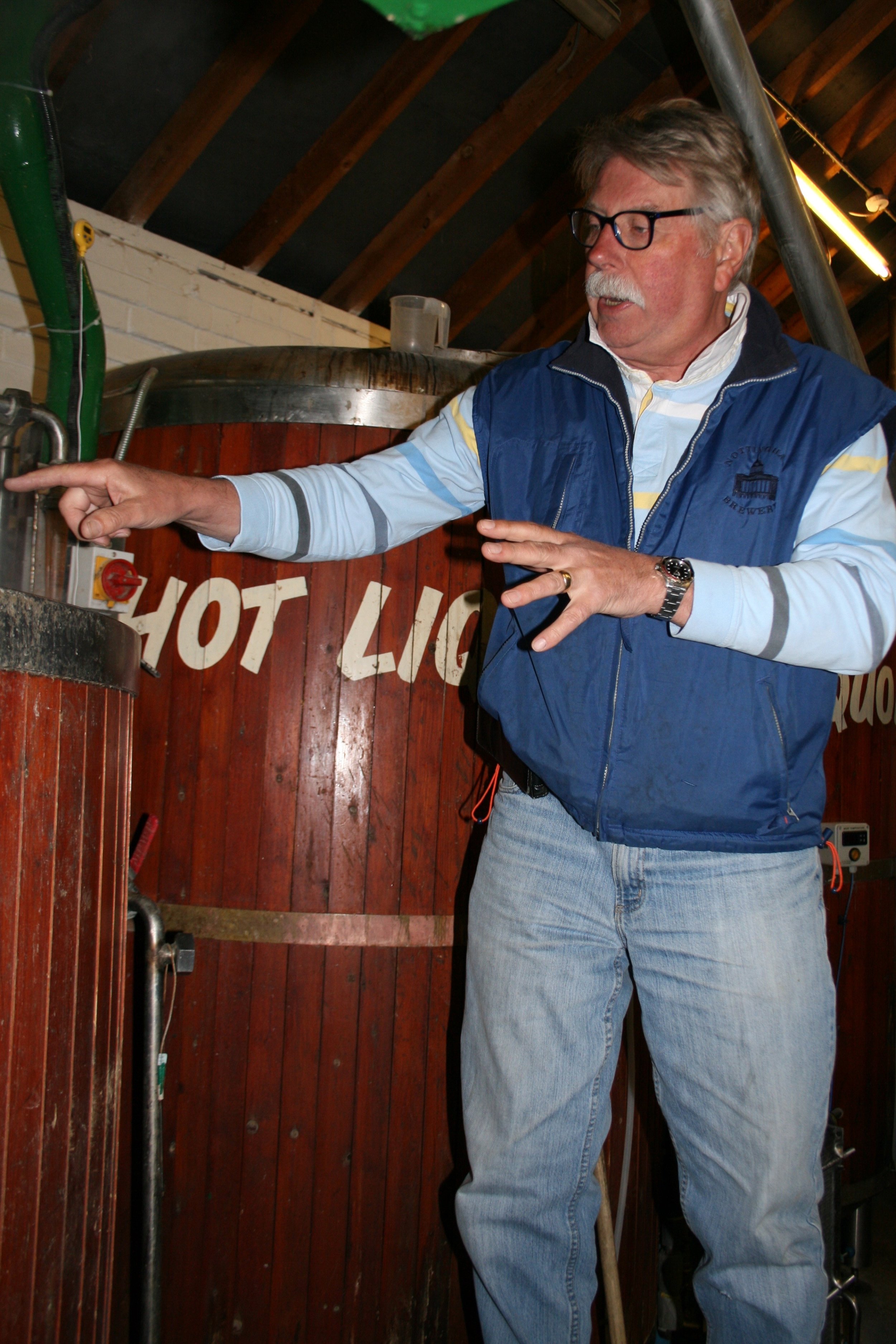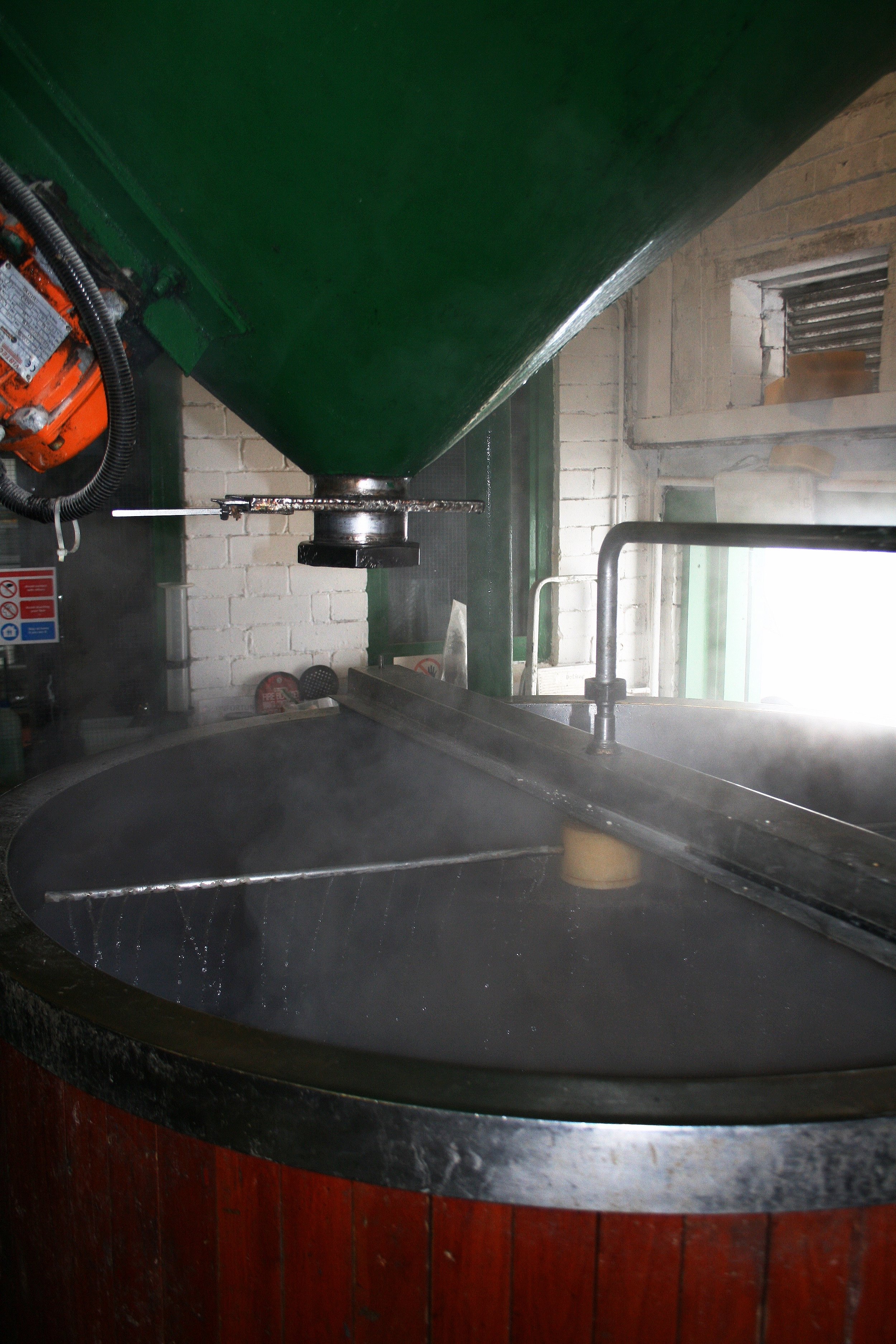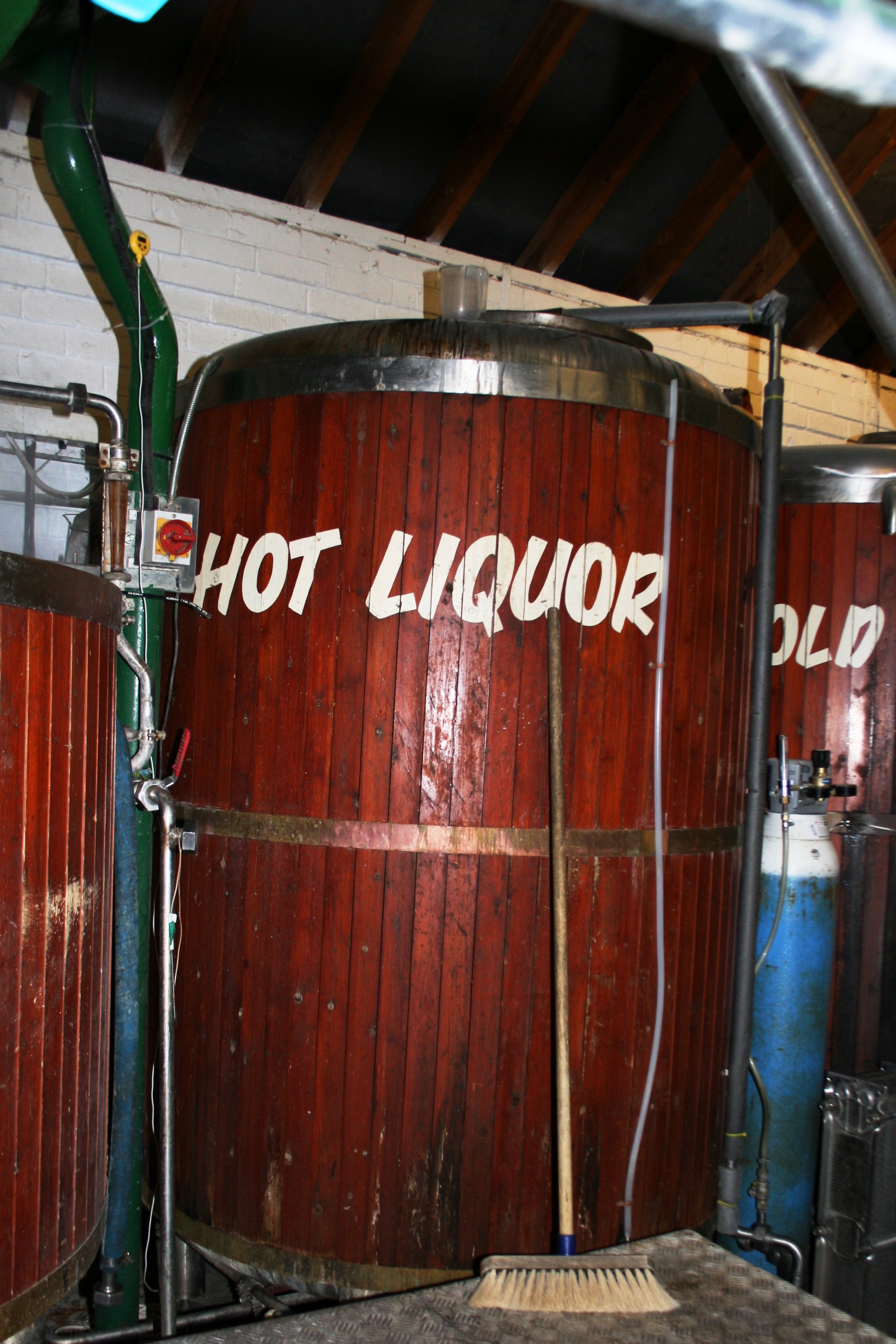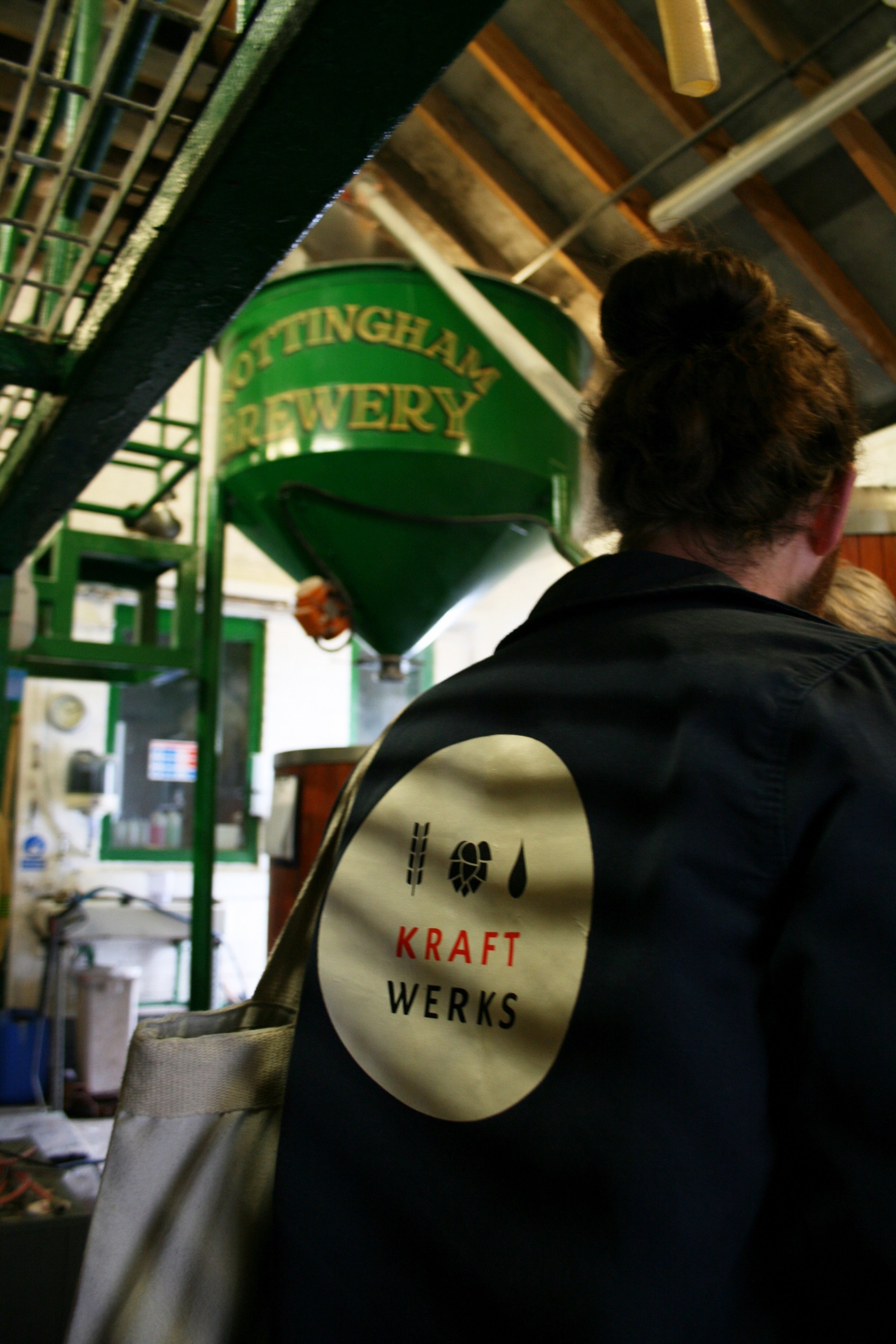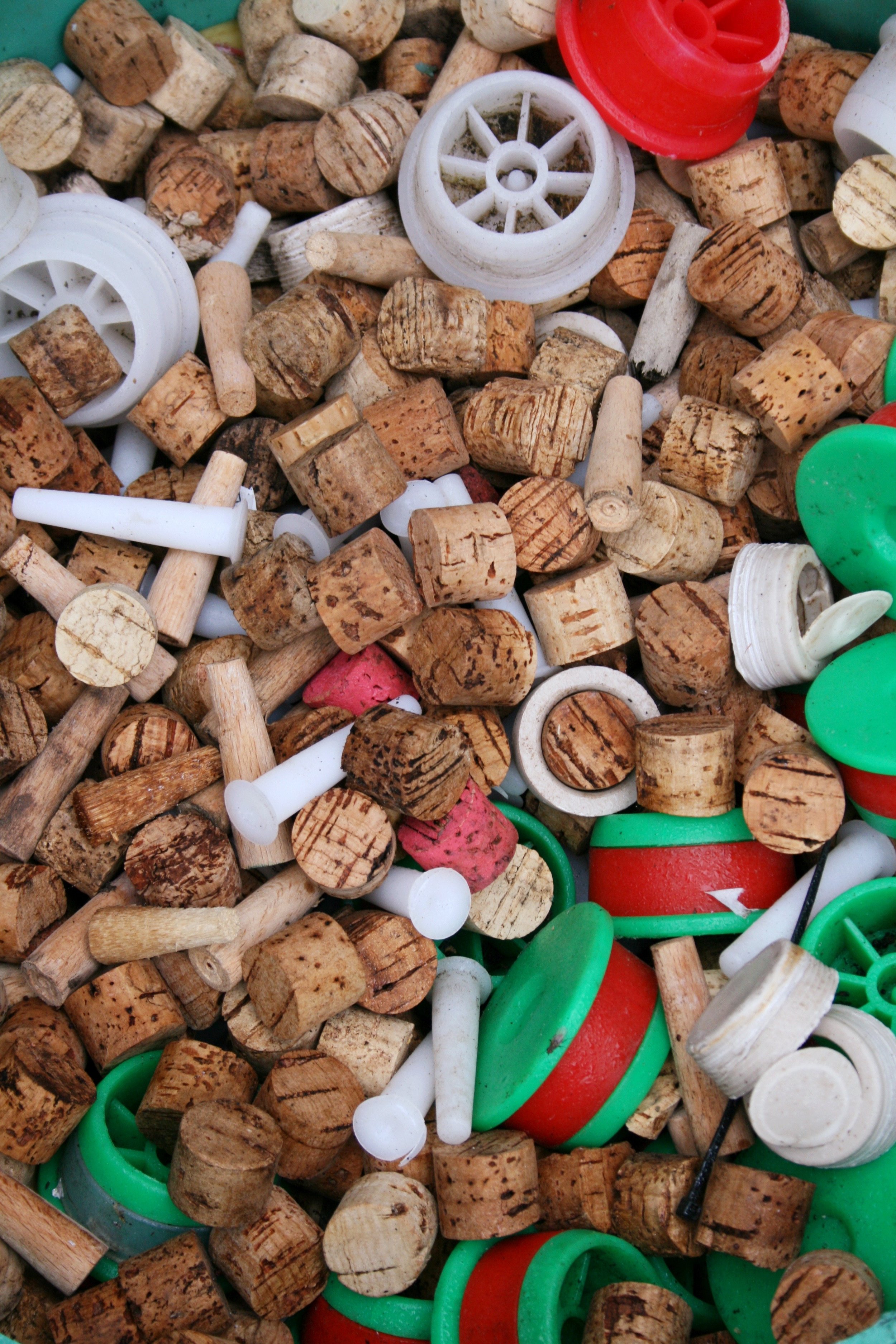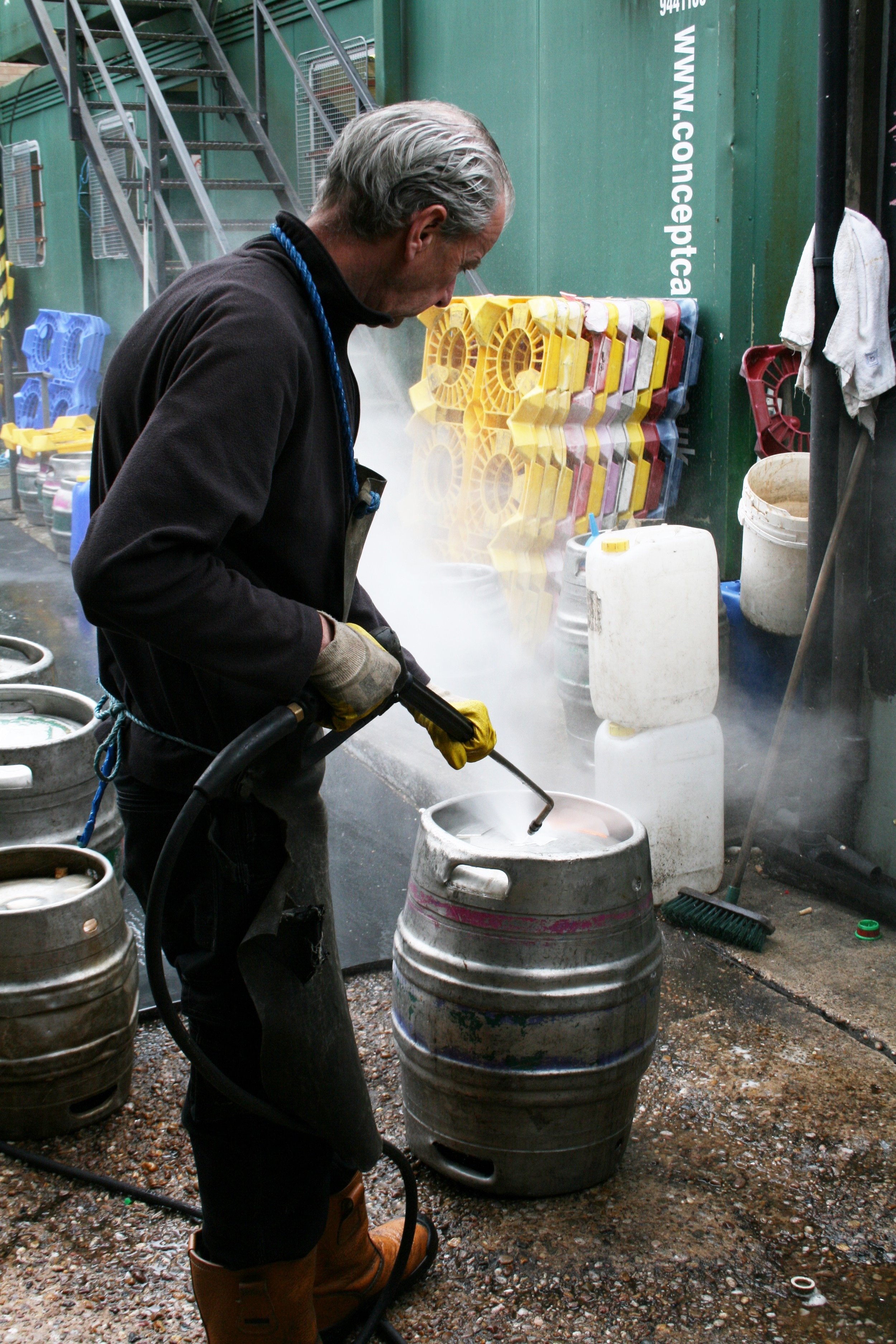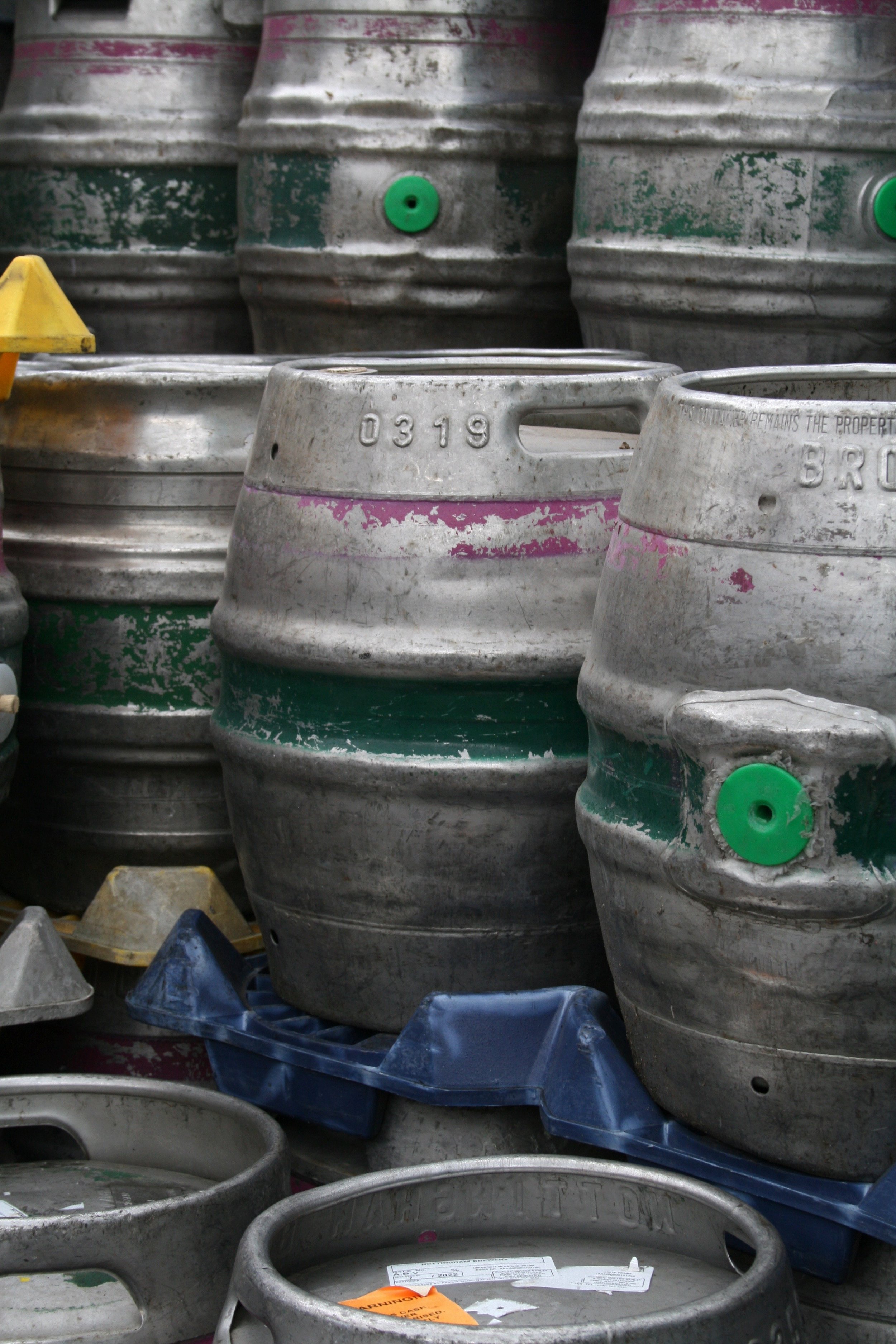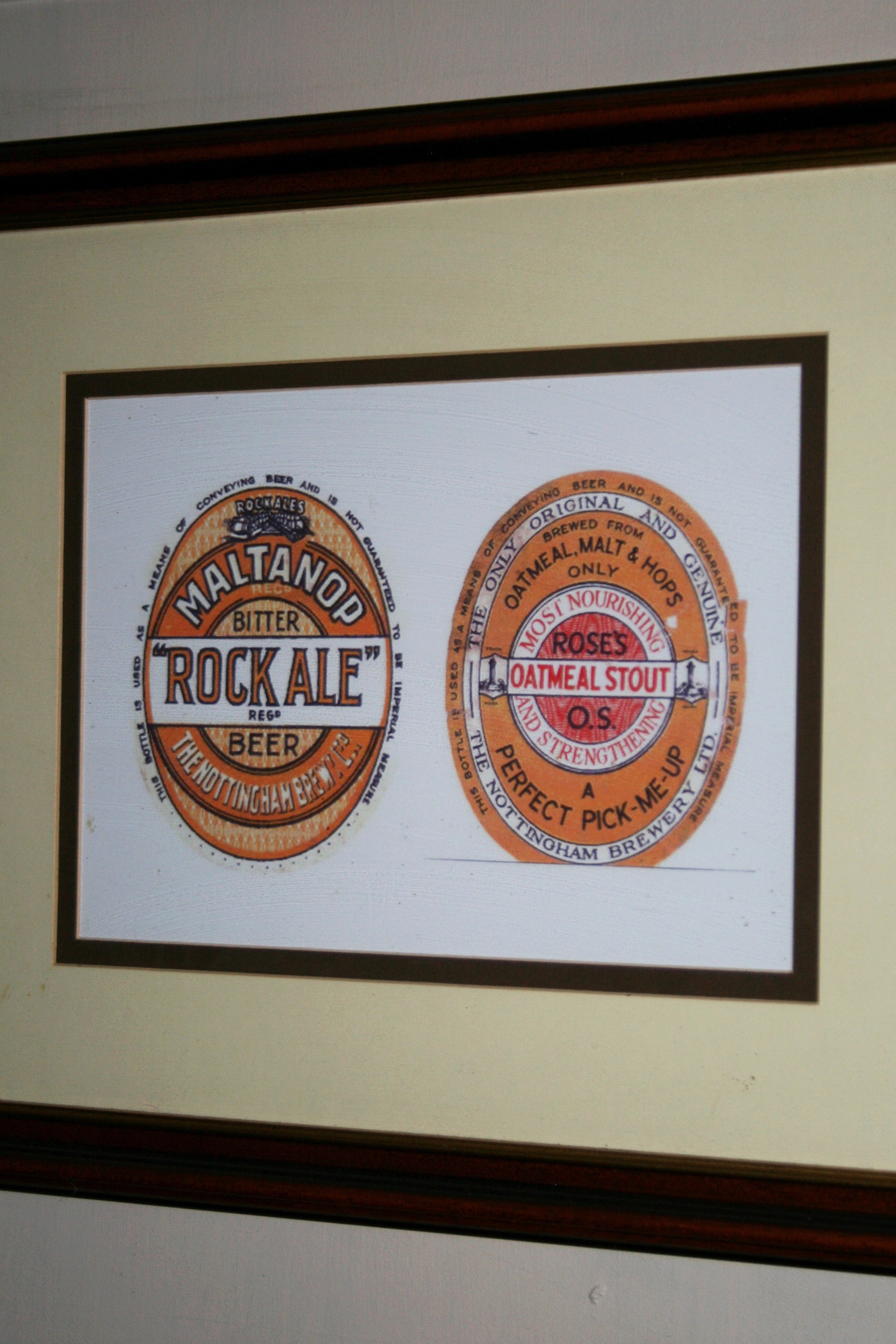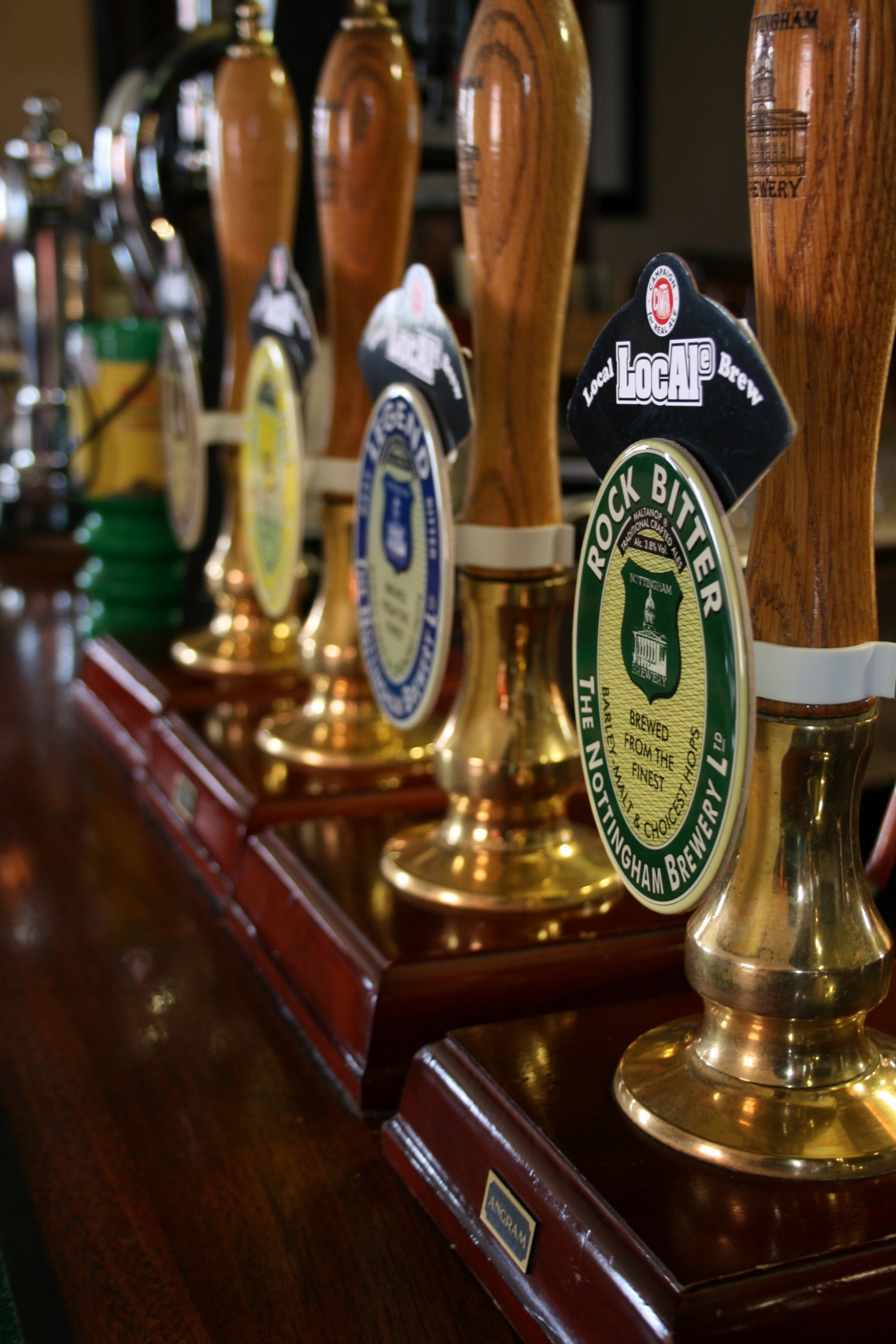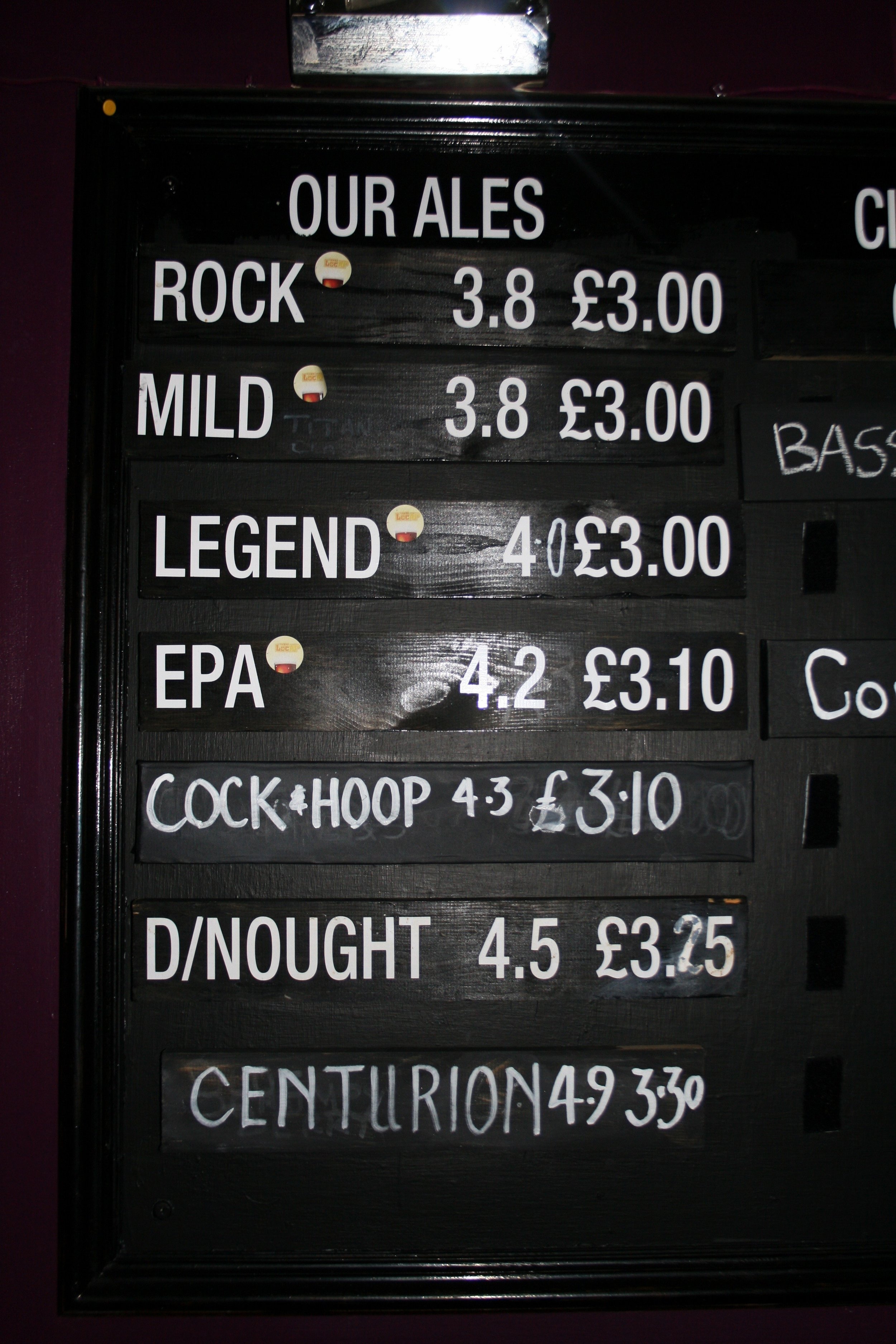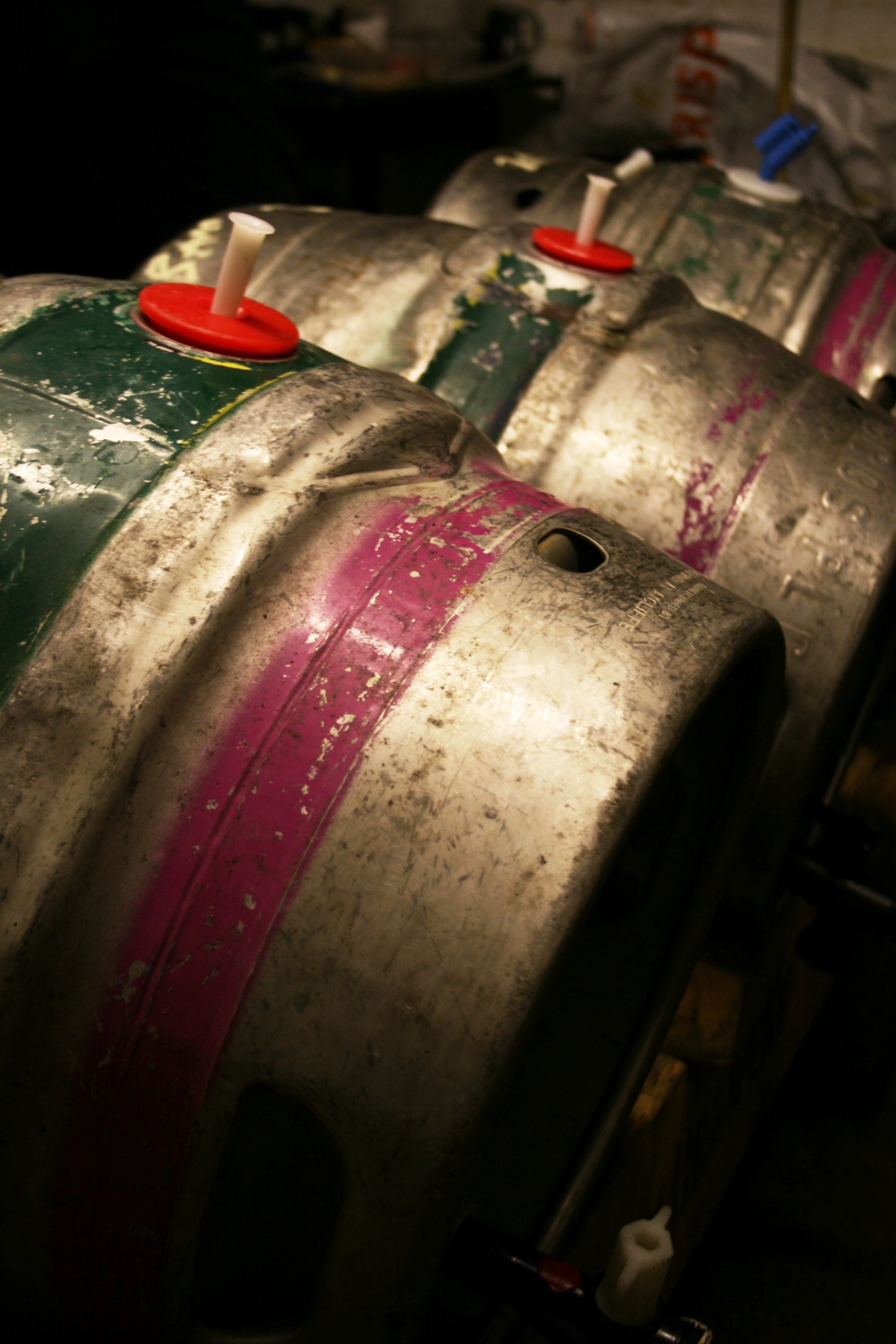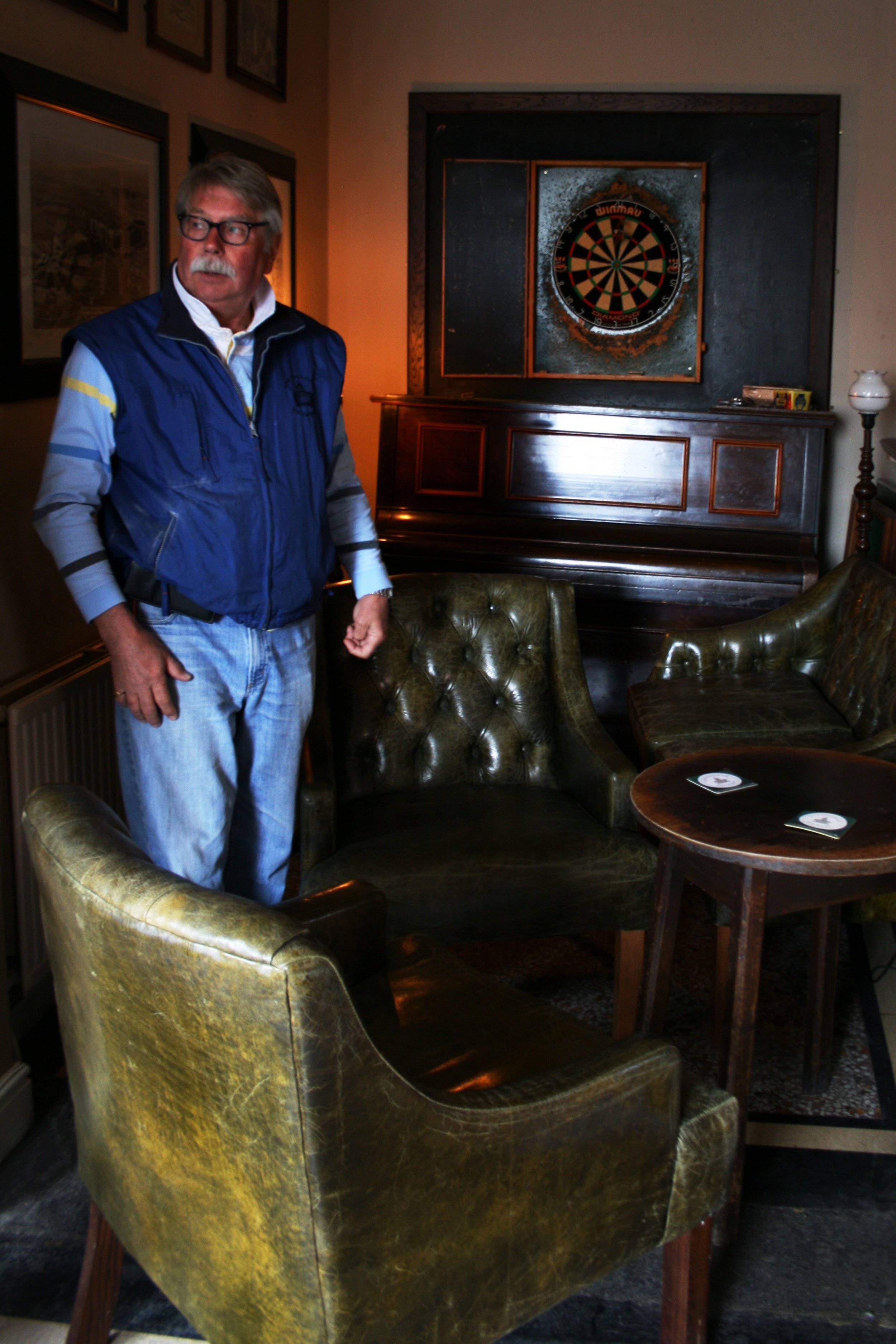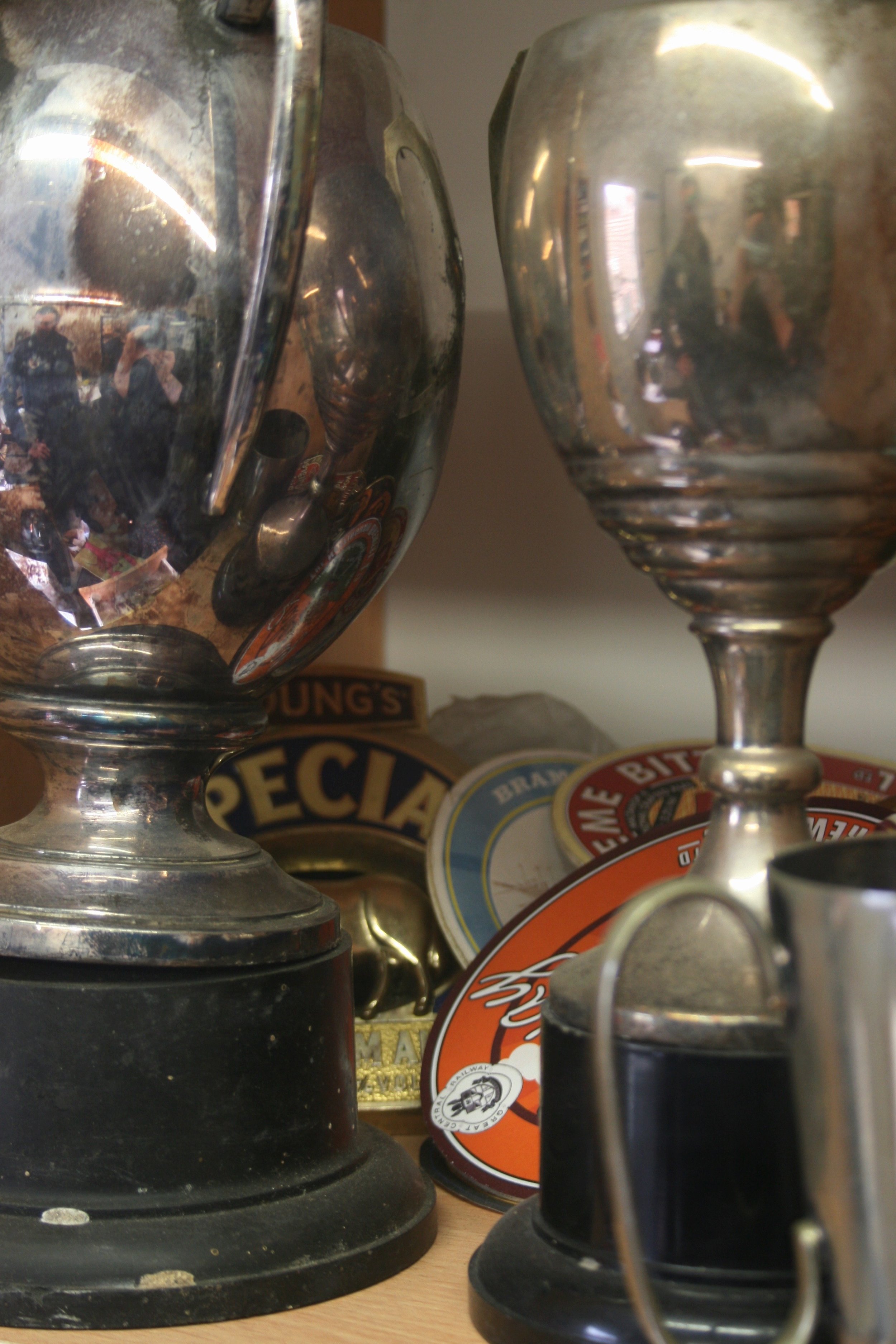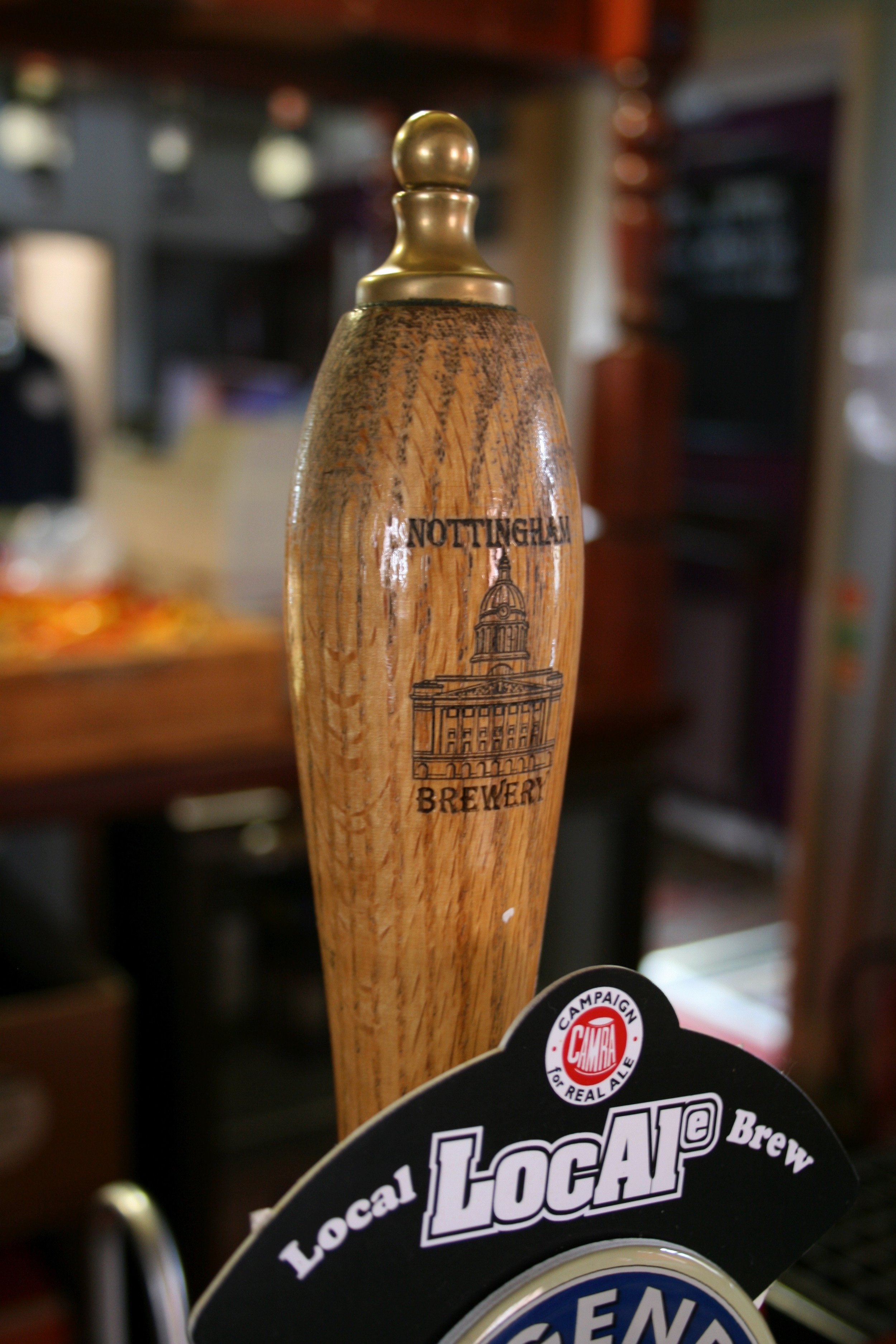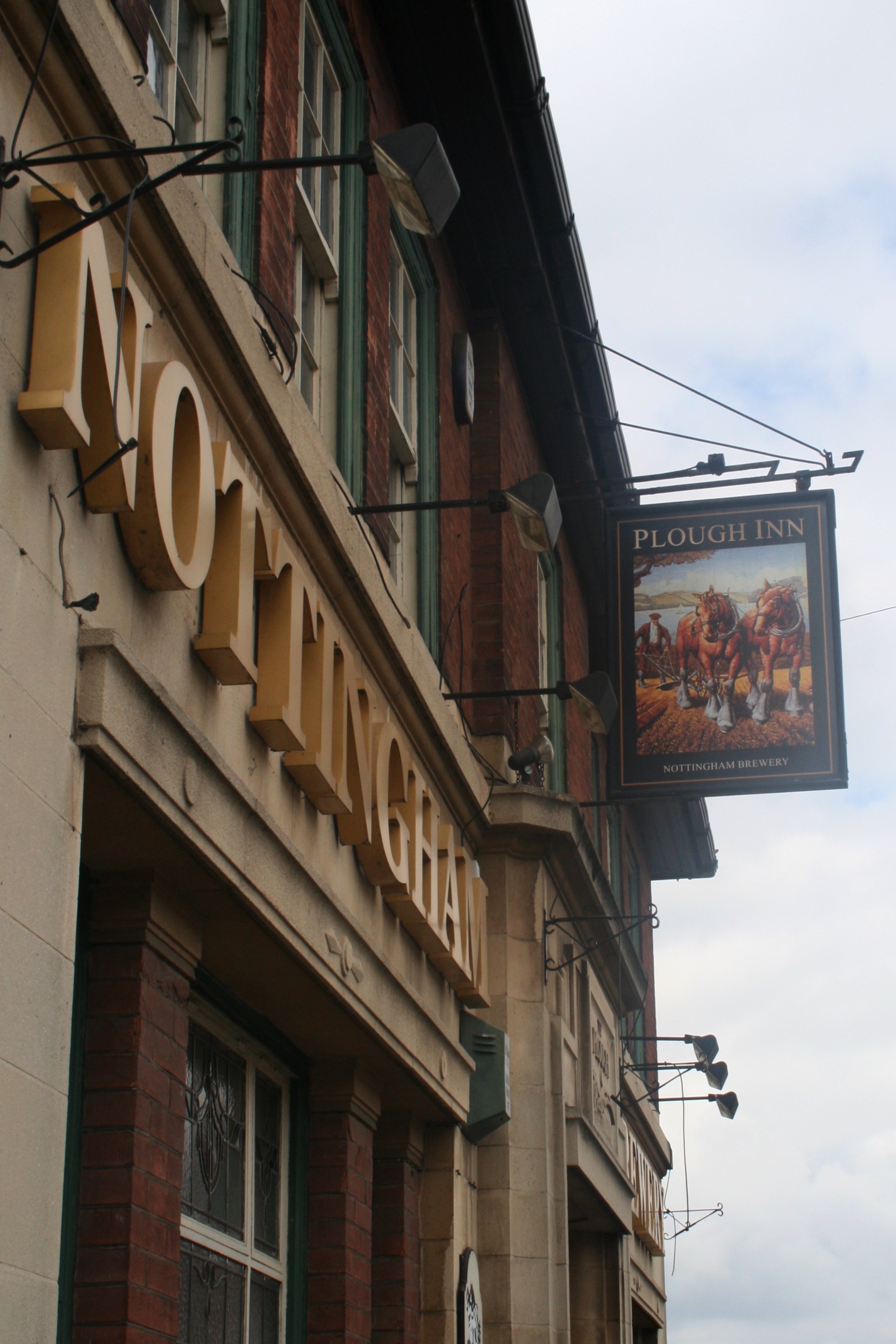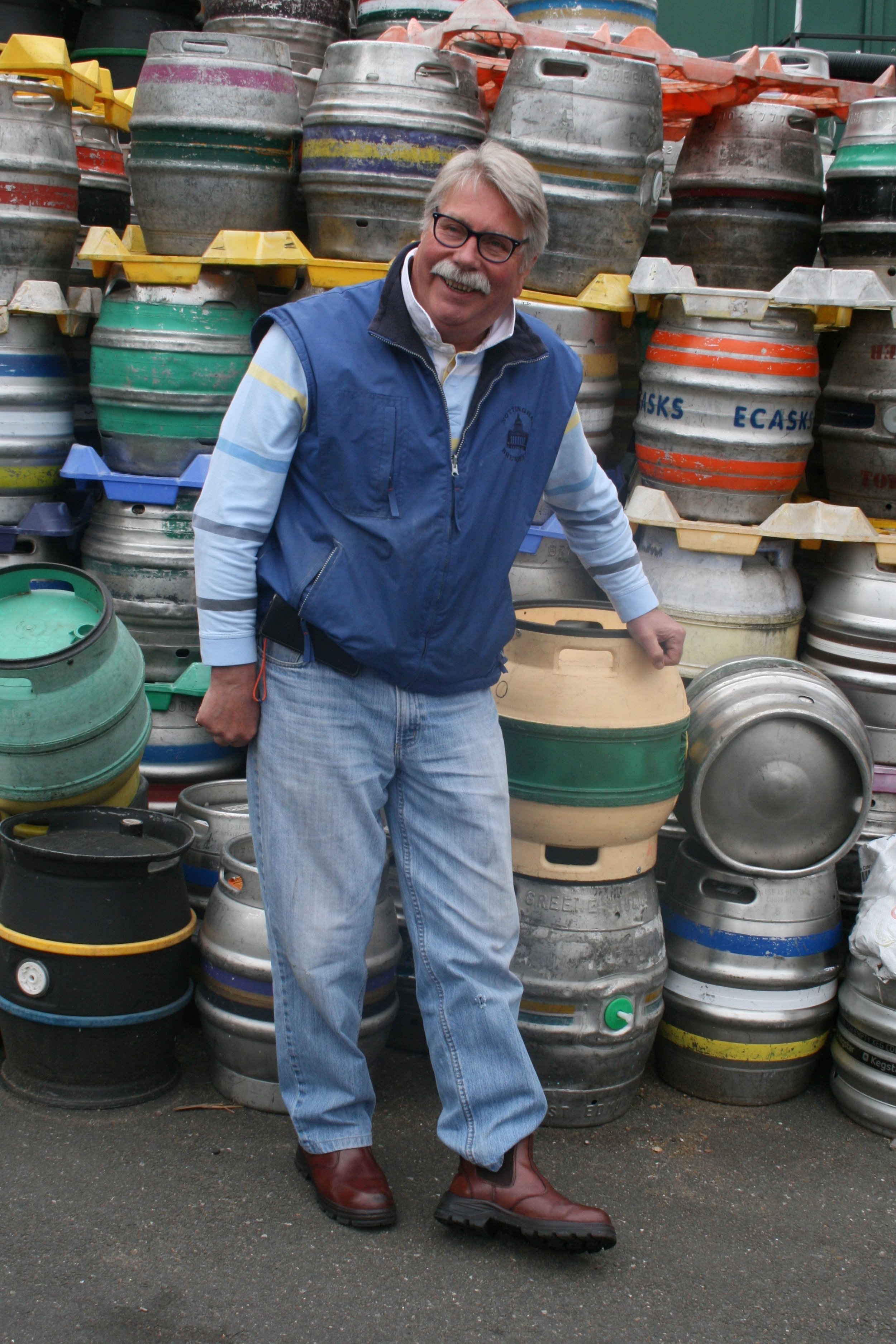Nottingham means a lot to many people. The name itself conjures up men in tights and consecutive European Cup victories. But to Philip Darby, co-owner of Nottingham Brewery, it means so much more.
I’m down at Nottingham Brewery on an overcast April Monday morning. However, the weather is having no dampening effect on the enthusiasm and buzz emanating from the brewery. A fresh brew of Legend, their traditional amber Bitter, is in the tanks and the sweet smell of hot liquor and English hops permeate the air.
“We always wanted to bring a brewery back to Nottingham” says Phil, a man bursting at the seams with a seemingly endless knowledge of the UK brewing scene. This is because this isn’t his first rodeo. Phil and the other co-owner of Nottingham Brewery, Niven, also played their part in the formation of Castle Rock, which itself was a merger between Bramcote Brewery (which Phil & Niven set up) & Tynemill. After the sale of Castle Rock to Tynemill, Phil & Niven moved to The Plough in Radford and set up Nottingham Brewery.
Nottingham Brewery name has a rich history dating back to the mid 1800’s, where it was built on Mansfield Road behind the beautiful Watson Fothergill designed Rose of England pub. This is all that remains of the brewery to this day, with the grandeur of the building giving you a glimpse of its previous tenant’s stature.
The old Nottingham Brewery at its peak boasted over 160 public houses, and its popularity spread countrywide thanks to the opening of the Nottingham Victoria Railway Station just yards away. A network of caves beneath the brewery allowed the beer to be rolled straight onto the carriages, and ‘Rock Ales’ & ‘Maltanop’ beers received national & international acclaim. Although, what they did not foresee, along with many other breweries in the post war era, was a pitch shift in the beer market. With the rise of large commercial breweries and the increasing popularity of mass-produced lagers, Nottingham Brewery’s market share dwindled to the point of no-return in the 1960’s when it was bought out by Whitbread PLC.
At this point, the brewery’s name and rights were deemed lost, were it not for a chance visit to Companies House in 2000. “When we moved to The Plough [after selling Castle Rock to Tynemill], we had no intention of calling the brewery Nottingham Brewery, as we thought the name was still owned by Whitbread. It was by pure coincidence that Whitbread had just sold to Interbrew, where they relinquished all the rights.” A beautiful coincidence it was, as with that they had access to many of the heritage recipes that made the original Nottingham Brewery famous all those years ago.
“I’d love to say it was business acumen, but it was just coincidence. We were going to call ourselves ‘Seven Stars Brewery’, we had the designs, pump clips and all manner of things ready. On a whim, I went to Companies House, and sure enough, it was all there… we ended up getting the name of the brewery and all these recipes for around £250!”
From that moment on it was all systems go. They acquired a kit from an old Ford & Firkin pub in Romford, which Phil describes as “completely over-engineered”. “It was made in the 80s when there was a lot of money floating around and going into smaller breweries.” The kit was installed in an outbuilding attached to The Plough, and this is been the site of some of the best cask ale to be produced in Nottingham ever since.
Phil & Niven adopted the old branding for the pump clips, including the ‘Rock Ales’ and ‘Maltanop’ trademarks. They currently have 10 beers that they regularly make, including a few seasonal and one-off brews throughout the year. However, the brewery has been through the mill over the past 2 years. It is hard to go and chat to somebody about their business in this day and age without mentioning the dreaded COVID-19.
“The past 2 years have been very difficult; I cannot stress how hard it was. We’re still paying for it now, and will be for the foreseeable…” says Phil, “If you were trying to write a nightmare, this was it. At one stage it felt like we were only days from going under. You only have to look at the SIBA list to see how many unfortunately didn’t make it.” The effects are seen even further in the fact that they are selling the land at the back of The Plough to fund a proposed brewery move over to a unit on Ilkeston Road.
Phil is never one to brag, but his enthusiasm for his craft shines through. Every single beer they regularly brew has won a CAMRA award of some sort, with Rock Mild (my favourite of the lot) getting to the final tastings of the ‘Champion Beer Of Britain’ more times than any other beer. Another anecdote Phil comes out with is that Sat Bains considers his EPA to be the best bottled beer in the world. However, the way Phil talks about how his beer is received at his pub speaks volumes about him as a person and the company as a whole. “I have always maintained that the best award you can get is to stand next to someone at the bar, with them coming back for another pint of your beer and say ‘that was the best beer I have ever tasted’… well that’s music to my ears.”
If you have never been to The Plough, I implore you to make time to go, after all now is the time to support local independent breweries. You will not find a better conditioned pint of cask ale. It sits in the ex-industrial heart of Radford, where it has been a public house since 1794. The earliest deed for the building lists it as a ‘tavern, engine house and piggery’. “We call the little snug over there The Piggery” jokes Phil. When I asked him about the secret to what makes their beer so good, he smiles and leads us down to the cellar. The cellar is situated directly below the bar, perfect for keeping the condition of the beer just right with short beer lines and regularly flowing beer.
The term that stuck in discussions about beer and Nottingham Brewery, is that Phil describes his beer as real beer. And to serve real beer, you need a real pub, which The Plough definitely is. It still has its original layout, with a terrazzo tiled taproom and carpeted lounge with hanging lights and the two-sided bar right in the middle. “It is steeped in history,” says Phil, “Alan Sillitoe used to drink here, his brother still lives just up the road. It has been part of Radford’s history for centuries.”
Glimpses of this still exist in the form of a hastily filled hole in front of the fireplace. “The dartboard used to be above the fireplace, and the workers used to stand there in their hobnail boots, you can still see the hole in the floor where the darts bounced out.” Shutters at the end of the bar depict a bygone era where two bottles of stout were placed on the bar every evening for the local policeman doing their rounds. But with all this in mind, it never ceases to amaze Phil how many younger drinkers flock through the doors of The Plough.
“You have to appeal to everyone these days, as sadly people my age are dying out. The great thing is the younger drinkers come in for what we are offering.” Phil isn’t wrong, as both Nottingham Trent and the University of Nottingham’s brewing societies use The Plough for their committee meetings and use their kit for brew days. It is this mixture of tradition and progression that encapsulates the pub perfectly. By Phil’s own admission, Nottingham Brewery could be called out for being too traditional. However, in my view, we need pubs like this. We need breweries that are fiercely protective and proud of the beer they produce and do not have to follow the latest craze or trend. I pitched it to Phil that we were in the middle of a ‘Mild Revival’, as more and more ‘craft’ breweries are producing old-style traditional Milds. “We’ve been brewing Rock Mild ever since we opened, so it’s always been in revival here!” quips Phil.
Call it a love affair with Nottingham Brewery and The Plough, but I really do think we need to cherish places like this. More and more licensed venues are opening up, but you cannot build a place like The Plough. Places like this are shaped by the people and the communities that surround them to give them an undeniable sense of self and place. The Plough is The Plough, and it is here to stay. Nottingham Brewery may move up the road to another site, but it is the bricks and mortar where the beer is sold that adds the sparkle. Nottingham Brewery advises you to not use a sparkler when serving their beer, maybe this is why.
Josh Smith
Kraft Werks
(Photography by Alexa Hawksworth)


